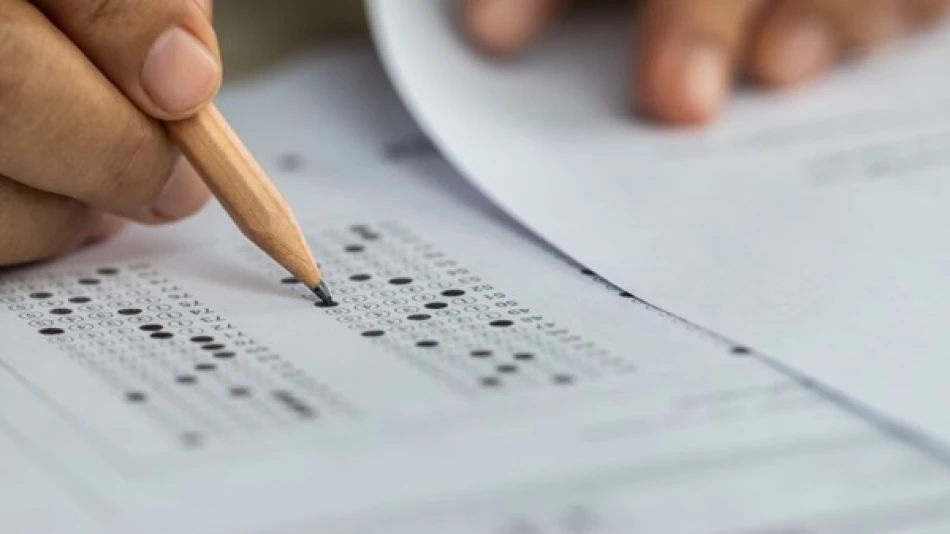
French Teenage Prodigy Earns High School Diploma at Remarkable Age
Nine-Year-Old French Student Breaks 35-Year Record, Becomes Youngest Ever to Pass Baccalauréat
A nine-year-old girl has shattered France's educational records by becoming the youngest person ever to pass the baccalauréat, the country's rigorous high school graduation exam typically taken at age 17 or 18. The achievement, confirmed by France's Ministry of National Education, breaks a 35-year-old record and highlights the ongoing debate about how educational systems should accommodate exceptionally gifted children.
Record-Breaking Achievement in Mathematics and Sciences
The unnamed student took the examination in Paris as an independent candidate, focusing on mathematics, physics, and chemistry. While she passed with basic marks rather than distinction, her achievement represents an extraordinary intellectual leap—completing what normally requires 12 years of education in just nine years of life.
The previous record holder was Arthur Ramiandrisoa, who passed the baccalauréat in 1989 at 11 years and 11 months old. Before this latest achievement, no student under 12 had successfully completed the examination since Ramiandrisoa's feat over three decades ago.
Educational Innovation Meets Child Prodigy
The student's success wasn't achieved through traditional schooling alone. Training organization Isosit supported her preparation using specialized methodologies developed in collaboration with Hugo Spaey, himself a former child prodigy who earned his baccalauréat at age 12 in 2012.
This approach suggests a growing sophistication in how France handles exceptionally gifted children, moving beyond simply accelerating traditional curricula to developing targeted methodologies that can compress years of learning into months or weeks.
Global Context: The Child Genius Phenomenon
France joins a small but notable group of countries producing child academic prodigies. In recent years, similar cases have emerged worldwide—from 12-year-old university graduates in the United States to teenage PhD recipients in Asia. However, the baccalauréat's comprehensive nature and cultural significance in France makes this achievement particularly striking.
The French baccalauréat isn't merely a graduation certificate but a deeply embedded cultural institution that has remained largely unchanged since Napoleon's era. For a nine-year-old to master its demands represents not just intellectual precocity but an unusual alignment of cognitive development, educational support, and institutional flexibility.
Questions About Educational Policy and Child Development
While remarkable, the achievement raises complex questions about optimal educational pathways for gifted children. Educational psychologists increasingly emphasize that intellectual advancement doesn't necessarily correlate with emotional or social maturity, particularly at such young ages.
The French Ministry's cautious approach—providing minimal details about the student—likely reflects awareness of these sensitivities. Unlike some countries that celebrate child prodigies extensively, France appears to be balancing recognition of exceptional achievement with protection of childhood development.
This record-breaking success will likely influence ongoing discussions about educational flexibility, standardized testing, and how societies can best nurture exceptional talent while preserving the broader values of childhood education and development.
Most Viewed News

 Layla Al Mansoori
Layla Al Mansoori






